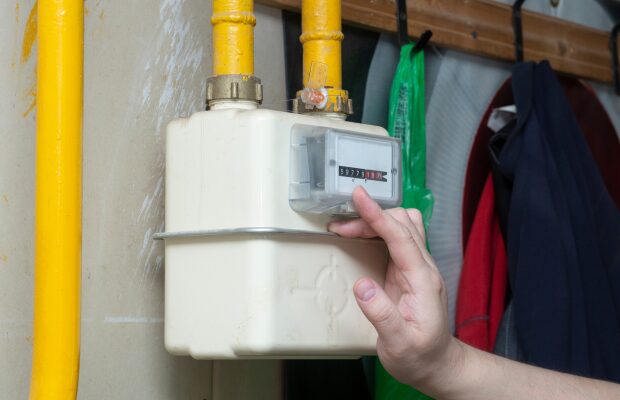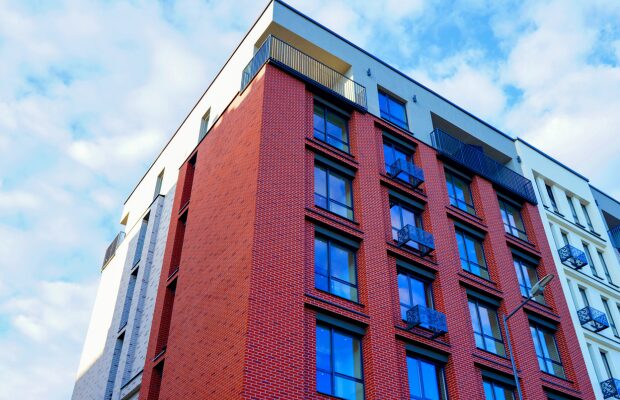Renting a property for the first time can be quite a daunting prospect. There are many tasks that need to be implemented and checked before you even begin to start to think about finding tenants to move in.
That is why at Ellis and Co, we have created this first time Landlord checklist – to make life just a little bit easier at this very busy time.
This is the first of two blog posts, which details four important things to think about when letting your property before you have found your tenants. It shows you what you need to do to protect yourself, your property and tenants, and maximise your rental income.
Checklist For New Landlords: Part 2 will contain useful information for once you have secured suitable tenants, and covers six further items such as tenancy agreements, deposits and marketing of your property.
The checklist has been designed for first time Landlords but can also be used as a useful reminder for even the most experienced Landlords.
1. Consents to Let
This is the first thing you should do when renting out a property for the first time. If your property is subject to a mortgage, your mortgage provider must consent to the rental. If you have a corporate tenant, this will need to be in writing. In addition, if your property is leasehold you will need permission from the freeholder. This can usually be obtained from the managing agent of the building.
2. Preparation
Before potential tenants view the property, make sure that it’s clean and that you have finished any DIY. The property should be in a clean and tidy condition, particularly the kitchen, bathroom, carpets and curtains. Think about how you would hope to find it if moving in yourself. A tenant can tell if the property is well cared for and is more likely to look after it during the tenancy if it is clean at the start.
Additionally, properties that look good achieve higher rents and let more quickly. So it really is worth taking time to ensure your property is presented to the highest possible standard.
If you’re living in the property while it is being marketed, do make sure that you keep it clean and banish clutter. Keep the decorations neutral – it is worth thinking about the kind of tenant you want to attract, as each type will have different needs. For example, young professionals tend to want contemporary decoration, while students will require desks and young families generally like a kitchen table.
If your property is let furnished, include everyday items like a vacuum cleaner, ironing board and, if there is a garden, a lawn mower. If your property is unfurnished, you will still need to supply carpets, curtains, light fittings and a cooker.
Where applicable, any chimneys should be swept and boilers should be serviced and tanks filled (with instructions to the new tenants). It is also important to check every light bulb is working and that everything is in good working order within the property.
3. Insurance
It is vital that you protect yourself, your property and your contents – if included in the rental property – with the right insurance products. Firstly, all Landlord insurance should cover third party liability, ensuring any damage caused to the property by the tenants is covered. Unfortunately, basic Landlord insurance will not cover you if your tenants do not pay their rent. Rent guarantee cover can usually be bought as an add-on to your policy. Ellis and Co can advise you on what you need and help you secure the most competitive quotes, so contact your local Ellis and Co branch for more information.
4. Health and Safety
It is vital that you comply with fire, gas, electric and furniture regulations. You must make regular safety checks and keep records to protect your tenants. Safety checks also help to ensure that your insurance is valid and failure to adhere to these safety requirements can lead to potential dander and serious penalties.
Here are some safety documentation recommendations:
- If your property has a gas supply, you will need to provide a valid Landlord’s Gas Safety Record every year.
- To ensure electrical safety, an annual portable appliance test (PAT) is advisable, and fixed wiring tests at 5 yearly intervals.
- You must provide an Energy Performance Certificate (EPC) for each property you wish to let. An EPC lasts for 10 years and will usually cost you around £100. This will allow anyone who is interested in renting out the property to see how energy efficient it is.
- All relevant furniture/ furnishings must comply with fire regulations.
- Smoke detectors should be installed on each floor of the property.
- Carbon monoxide alarms should be installed next to each gas appliance and in any room through which a flue runs.
To find registered contractors, visit the Gas Safe Register website and/or Electrical Safety Council website. Ellis and Co provides a range of services to Landlords, including advising on health and safety responsibilities and can even recommend a reliable local contractor.
This article forms the first part of the Ellis and Co, 10 step checklist for new Landlords. You can access the next six items, in Checklist For New Landlords: Part 2.
If you would like to discuss any items mentioned above please contact your local branch, or alternatively, download our company brochure.








